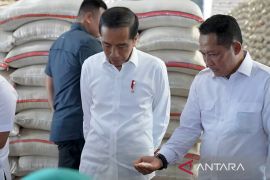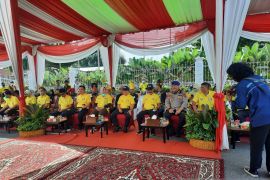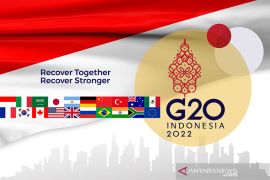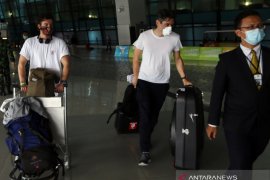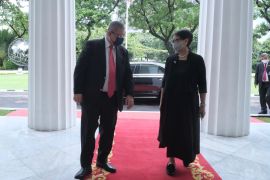"The talks must constantly be based on principles which prioritize development goals in the Doha Development Agenda," the minister said.Jakarta (ANTARA News) - Indonesian Trade Minister Gita Wirjawan has expressed concern about the stalled Doha round of trade talks which led to continued disruptions in the agricultural policies of developing countries in the World Trade Organization (WTO).
In a press statement issued on Thursday, the minister said he would motivate G20 member countries to conduct an in-depth assessment of any problem and find a realistic way to continue the trade talks on the basis of the current developments and in respect to the Doha mandate.
"The talks must constantly be based on principles which prioritize development goals in the Doha Development Agenda," he said.
The Indonesian trade minister expressed his concern about the latest developments in the Doha round of trade talks when he attended a G20 ministerial meeting. The meeting took place a day ahead of the 8th WTO ministerial meeting.
Gita said the talks must be inclusive and transparent and based on the principle of special and differential treatment (S&DT). The S&DT principle must be implemented effectively to accommodate the interests of developing countries.
The Doha talks, named after the capital of the Gulf state of Qatar in which the round was launched in 2001, are broad-ranging negotiations aiming to liberalize trade among WTO member countries.
The round has been effectively suspended since mid-2008, when a variety of disagreements, particularly between the US and India, caused discussions to collapse.
The G20 ministerial meeting is aimed at reviewing the state of play of the Doha round of trade talks and discussing efforts to enhance coordination among developing countries based on common interests in the agricultural sector.
The G20 ministers had attached significance to multilateral trade system and smooth WTO trade reform process by intensifying discipline in the agricultural sector. Since 2003, G20 member states have consistently been struggling for the abolition of developed nations` policies which they said disrupted trade. (*)
Editor: Heru Purwanto
Copyright © ANTARA 2011


